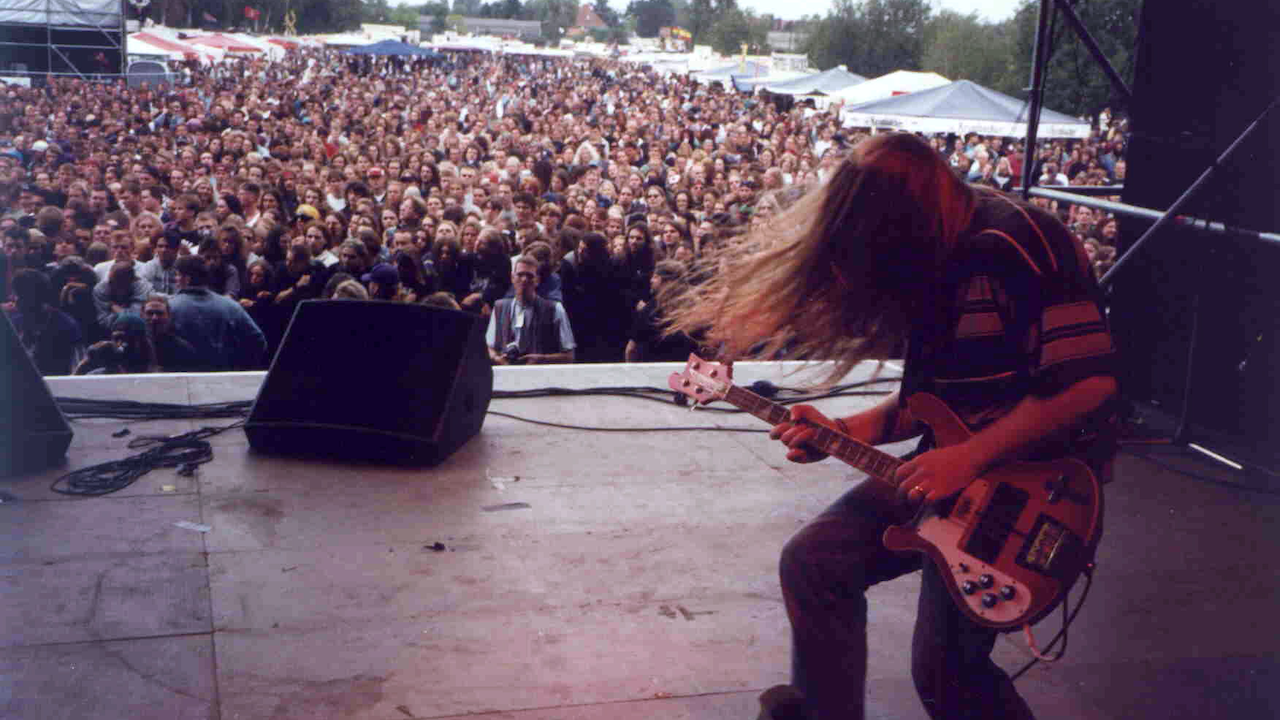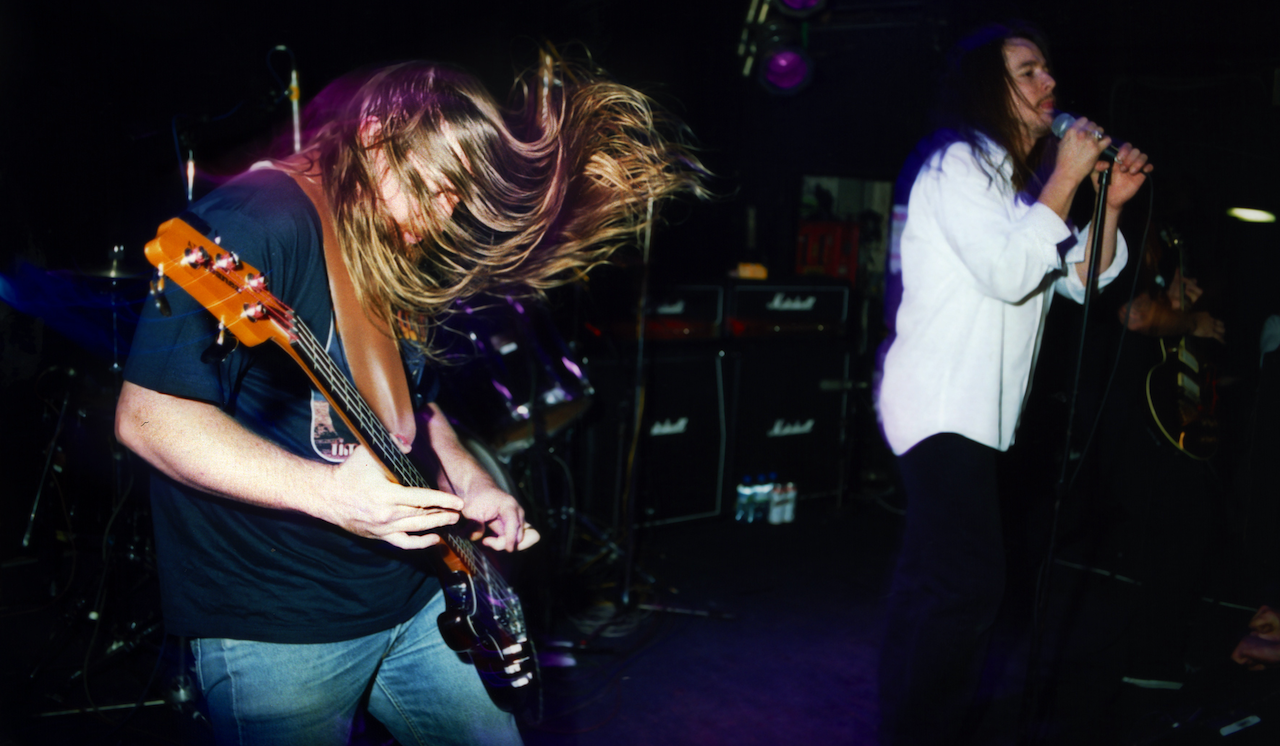Scott Reeder: “I got a call: ‘Can you come over and jam with Tool?’”
Oh, OK. Scott Reeder, of Kyuss, Goatsnake and Fireball Ministry, on auditioning for Tool and playing with Metallica

All the latest guitar news, interviews, lessons, reviews, deals and more, direct to your inbox!
You are now subscribed
Your newsletter sign-up was successful
Rock and metal fans of a certain age will recall the rise of a particular music scene – stoner rock, desert rock, whatever you want to call it – which emerged in 1990 or so in parallel with grunge. Largely a product of the Californian prairie, where the kids listened to equal parts Black Sabbath and Black Flag, and the glam-rock excesses of Los Angeles were a couple of hours’ drive away, the stoner scene was fuelled by all-night generator parties, where groups of headbangers would gather among the dunes, hook up their amps to a generator, drop acid, and mosh the night away.
When he recorded the legendary Sky Valley album, Reeder used a Rickenbacker, whose mid-heavy tones allowed his melodic, often elaborate fills to stand out from guitarist Josh Homme’s all-encompassing riffs.
"On the last Kyuss record, … And The Circus Leaves Town (1995), I was playing my Rickenbackers so hard that I was shattering the pickguard and breaking the neck pickup all the time," he says.

Asked where the stoner scene’s unique blend of giant riffs and spaced-out atmospheres came from, he explains: "I was really into Mountain and Black Sabbath, and we melded that jamming sound with the punk elements. We improvised, and I guess not many other bands did that.
"In Kyuss, most of the guitar stuff was pretty simple, so there was room for the bass to weave around it. I’d taken theory classes and they really influenced where the bass went."

High points of Reeder’s career are many, including Kyuss’s stint supporting Metallica in Australia in 1993 ("We got a phone call out of the blue from Metallica! There weren’t that many people there to see us at the start, but by the end of the set they were going crazy") and then actually auditioning for the same band in 2001 after the departure of Jason Newsted, a moment caught on their Some Kind Of Monster documentary (see video below: forward to 03:47 for a look behind-the-scenes glimpse of Scott's audition for Metallica).
Another notable jam session came about in 1996, shortly after Kyuss had split up. As he tells us, "I got a call saying, 'Can you come over and jam with Tool?’" Jamming with the most opaque, progressive band of the day would be enough to intimidate most of us, but Reeder embraced the opportunity.
All the latest guitar news, interviews, lessons, reviews, deals and more, direct to your inbox!
"We played for three days and I thought it went really well. They seemed pretty excited and called me and said, 'It’s down to just two guys – you and this guy Justin Chancellor from England.' So I was sitting by the phone, getting really excited – but they called me and said, 'Sorry, he just oozes Tool,' which I understand because I’d gone down there and just been myself."
Still, Reeder is relaxed about those narrowly missed opportunities, agreeing that they make great stories to tell any future grandchildren. In his current gig with Fireball Ministry he continues – true to form – to be just himself.
For more info on Fireball Ministry, visit their site.
Joel McIver was the Editor of Bass Player magazine from 2018 to 2022, having spent six years before that editing Bass Guitar magazine. A journalist with 25 years' experience in the music field, he's also the author of 35 books, a couple of bestsellers among them. He regularly appears on podcasts, radio and TV.
- Nick WellsWriter, Bass Player

